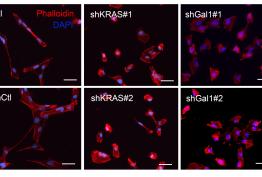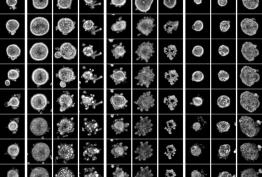A recent article in the journal CANCERS with Blanca Cucarull and Anna Tutusaus as the first authors, from the Signaling in Cell Damage and Cancer group, and led by Albert Morales, identifies reduced levels of BCL-xL/MCL-1 as a marker of efficacy of anti-tumor therapy with regorafenib in HCC tumors. The results show that regorafenib causes mitochondrial damage to tumor cells that can be used by BCL-xL inhibitors, such as A-1331852, to synergistically increase the therapeutic activity of regorafenib via a caspase-dependent mechanism. In in vitro models, using gene silencing or pharmacological inhibition, and in vivo, with patient-derived tumors (PDX) and therapy-resistant tumors, BCL-xL antagonism is proven to be an effective strategy for increasing the regorafenib efficacy in the treatment of HCC.
These results reveal that BCL-2 family specific protein inhibitors, some of which are already approved or clinical stage, may be good therapeutic agents in combination with current treatments, such as regorafenib, which induces tumor death via mitochondrial damage. In addition, the study, conducted in collaboration with members of the Hepatic Oncology Service at Hospital Clínic de Barcelona, identifies patients with a high BCL-xL / MCL-1 ratio as those who could benefit most from this proposed therapy.







